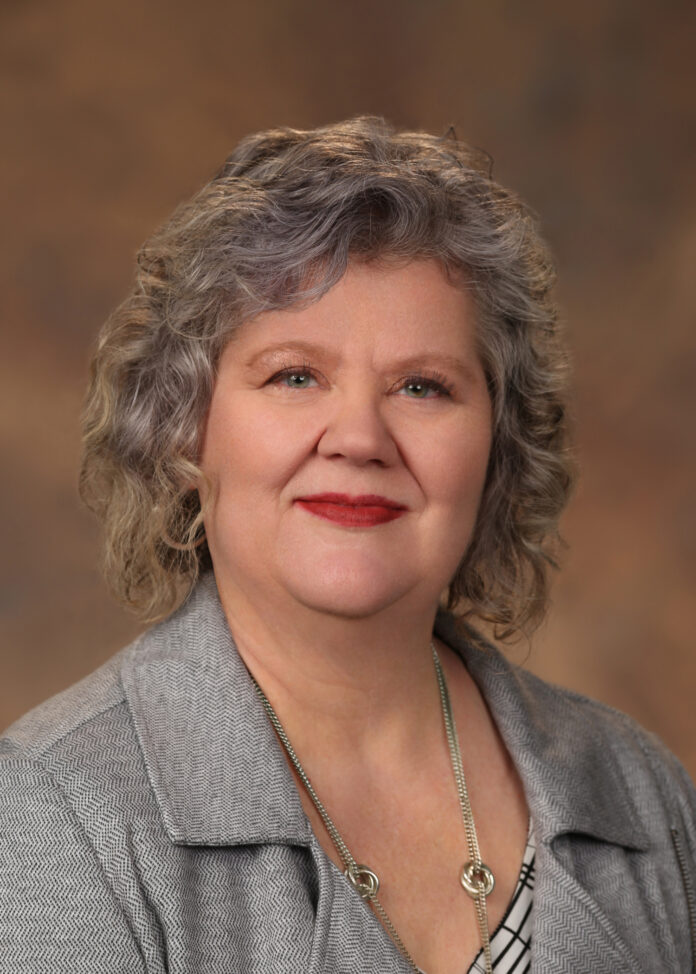
By Carol A. Cates, MSN, MBA, RN
Chief Nursing Officer
Odessa Regional Medical Center
In the 30+ years I have been a nurse, some things have changed dramatically. For instance, much of the cardiac and vascular surgery that used to mean huge open incisions in the chest and abdomen when I was young nurse are now done through tiny incisions in the legs and arms. People used to stay for several weeks in the hospital for many conditions, and while we still have a few people who stay in the hospital for a long time, the vast majority of people are discharged within a few days.
Overall, the reasons people are hospitalized hasn’t really changed much, it’s how we treat them that has changed. Heart and vascular disease have been the number one cause of hospitalization and death overall since before I was in nursing school. Trauma and cancer overall have always been in the top 5 reasons for hospitalization and death in my career.
Outside of the COVID pandemic, I cannot remember the last time there was a change in the major causes of hospitalization and death in the U.S. That is, until just now.
Motor Vehicle Collisions (MVC’s) have been the leading cause of death in kids for as long as I can remember. But this year that changed. The leading causes of death in kids are now gun injuries and drug overdoses primarily related to mental health issues.
In one study, researchers looked at fatal and non-fatal injuries in children (under 18) from 2011 to 2021. The found that non-fatal injuries have decreased, but fatal injuries have increased. The drivers were guns, whose death rate increased by 87% during those 10 years, and drug overdoses, whose death rate increased by a terrifying 133%. Injuries (not resulting in death) resulting from self-harm rose 57%. The Poison Control system is seeing an increasing trend in kids with not just prescription and illegal opiate deaths, but in deaths from common over the counter medications such as ibuprofen and acetaminophen. Antidepressant overdoses are also becoming more common in kids.
The increases in gun deaths are also largely related to self-harm. In a recent study by the Pew Research Center, the number of kids killed by gunfire was higher in 2021 than in any year since the data first started being collected. Homicides accounted for 60% of those deaths, 32% were death by suicide, and the remainder were accidental deaths.
The experts believe that the rise in gun and drug related deaths is because we were already facing a mental health crisis in kids, and the pandemic made it worse. The researchers believe that the increases are happening because kids are impulsive, and when they are suicidal and depressed and have access to drugs or guns, they don’t get the opportunity to regret their decision or seek treatment because their one attempt is a lethal attempt.
I do not want anyone to think I am preaching about gun control or how you run your home when it comes to medications. What I do want to make sure of is that you are aware of the risks so you can make informed decisions about guns, drugs, and your family’s safety.
Data suggests that while the rate of gun ownership in households with kids has remained steady since the 1970’s, one of the things that has changed is the rate of safe gun storage. In a 2018 survey published in the American Journal of Public Health, more than half of gun owners with kids in the household didn’t safely store all of their guns.
Safe storage is for drugs too. Child safety caps were introduced decades ago and made a huge impact on accidental poisonings in small children. However, child safety caps don’t work for older kids, and there are not really any mechanical preventions that can be put in place to keep them out of older kids’ hands. Because of these issues, poisoning experts recommend limiting the quantities of non-prescription drugs you keep in the home (don’t buy in bulk) and consider keeping them secured under lock and key. Poisoning and overdose experts also highly recommend that everyone needs to keep naloxone (Narcan) nasal spray in the home, because it can reverse an opiate overdose.
Finally, if you are concerned your child may be depressed or suicidal, please, please reach out for help. PermiaCare is our local resource for mental health in the Permian Basin, you can call them at 1-800-420-3964. You can also speak to your primary care provider or your pediatrician. If you have an emergency event where someone is actively threatening suicide or has attempted suicide, please call 911, go to the nearest emergency room, or call the suicide prevention hotline at 988.
I am beyond thrilled that MVC’s aren’t the leading cause of death in kids anymore. But I really wish the statistic replacing it wasn’t the increase in gun and drug deaths in kids related to the mental health crisis. Please talk to your loved ones about their mental health, just like you would about their physical health. The safety of our kids is worth the uncomfortable conversation.



